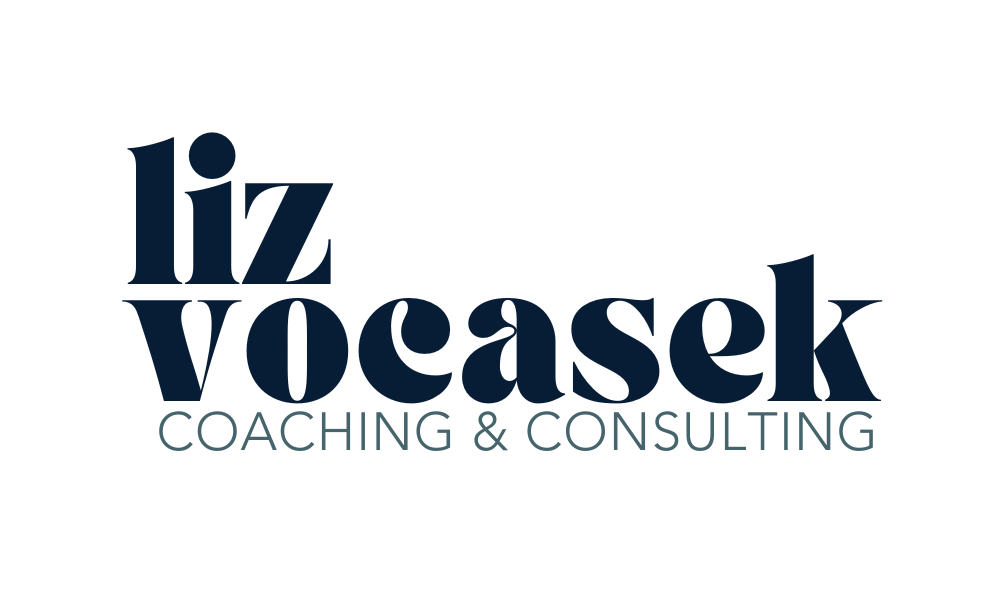Your Resume Isn’t Just for Job Hunting — 3 Ways to Use It as a Career-Building Tool
Throughout my nearly twenty-year career, I’ve heard the phrase, “It’s not about what you know, but who you know,” more times than I can count. Sure — my network has absolutely helped me capitalize on professional opportunities. But that line overlooks a big truth: what I know has opened just as many doors for me, personally and professionally, as who I know.
So when I hear people say resumes are “obsolete” or “pointless” in today’s professional environment — as a career coach, hiring manager, and professional — I strongly disagree. A resume’s value goes far beyond applying for jobs. It’s more than a list of titles and dates — it’s a personal growth tool, a career map, and a self-advocacy document. Here are three ways to see your resume differently.
A confidence booster.
I keep an eight-page master resume with (almost) every role, accomplishment, credential, and affiliation I’ve ever had. No, I don’t send all eight pages to employers (though once, I did for an internal role I wasn’t sure I would even be considered for — my energy mattered more than the format that day—and I did get the job).When I’m battling imposter syndrome — especially as I’ve pivoted into small business ownership in a different area — I’ll pull up that master resume. It’s all there: moving up in companies, living around the world, translating a book of poetry from Spanish to English, delivering a standout conference presentation for ICF. Seeing your achievements laid out like that makes it much harder to downplay what you’ve done. A resume isn’t just a document—it’s a confidence tool you can pull out anytime self-doubt creeps in, a tangible reminder of the skills, grit, and growth you’ve built over time.
A career design map.
When people hear I’ve worked in international student services, study abroad, youth development, anti-bias and diversity training, and now career and life design, they often ask how it all connects. For a while, I didn’t have a solid answer. However, looking at my resume, the throughline is obvious: I design and facilitate experiences that help people grow.In every role, my goal has been to help others unpack themselves and the world, connect past experiences to present strengths, and write new narratives for how they want to show up. I couldn’t see, nor communicate that at first. Your resume isn’t just a job list — it’s a record of growth and a planning tool for what’s next. Looking at your career on paper can connect the dots you didn’t even know were there.
A negotiating tool.
Whether you’re asking for a raise, a new title, or a better starting salary, your resume gives you evidence to make your case. Metrics, examples, and accomplishments speak louder than “I think I’m worth…” For example, in one role I was doing Director-level work for two years before getting the title or pay. (It took a year of advocating, and you bet I used my updated resume as talking points.). When questioned in a job interview about my “limited” time at that level, I could confidently say — and prove — that I actually had several years of relevant experience. My master resume held the receipts, and it helped me advocate for myself.Like I tell clients, there’s a big difference between a subjective statement and an objective outcome — and over time, you forget the details. Keeping them on your resume means you always have the proof ready when you need it. A resume with specifics turns “I deserve this” into “Here’s why you can’t afford to say no.”
So, even if you’re far from job hunting, use your resume as a tool for empowerment, growth, and development. Keep it updated as you can and in whatever messy behind-the-scenes format works for you. Add the big wins and the small-but-significant moments — the projects you pulled off against the odds, the skills you sharpened when no one was watching, the impact you had that might not show up in a job description.
Because when the moment comes — whether it’s a promotion, a career pivot, or simply a day when you need a reminder of just how much of a badass you are — your resume should be ready to tell the whole story. Not just the titles and timelines, but the journey, the growth, and the value you bring.
Until next time, y’all be kind out there — and don’t forget to be kind to yourself, too.

